EU Countries Ban Ukrainian Agricultural Imports
21 Apr 2023
Location(s): Poland, Slovakia, Hungary, Bulgaria and Romania
Date of event: From April 15, 2023, onwards
What happened: Blockade of Ukrainian agriculture imports by neighboring E.U. countries has hit small and medium producers before winter crops harvest.
Event Details
Ukrainian grain is now blocked on two fronts: Russia has halted the Black Sea shipments, and the E.U. neighbors have stopped allowing cargo imports. Last year, the E.U. suspended customs duties for Ukrainian agriculture production and eased access to the common market.
Following March protests by Polish farmers, who struggle to compete with cheaper Ukrainian grain, on April 15, Poland and Hungary decided to unilaterally ban imports of grain and other food products from Ukraine to protect their agricultural sectors. The ban applied to grains, dairy products, sugar, fruit, vegetables, honey and meat. It is supposed to be in force until the end of June, coinciding with the winter crops harvest.
Slovakia joined the import suspension on April 17 after an unauthorized pesticide was found in Ukrainian wheat. Yet, it allowed the cargo to pass through. On April 19, Bulgaria introduced a temporary ban on Ukraine grain imports except for those in transit. Romania won’t ban Ukrainian grain imports unilaterally and is waiting for the European Commission to enforce measures to help Central and Eastern European farmers.
On April 18, Ukraine and Poland agreed to unblock only the transit of goods starting April 21.
Analysis
Ukrainian authorities and experts argue that Polish authorities use farmers’ protests in the internal political struggles and to obtain additional funds from the E.U. Observers note that conservative farmers’ votes will be necessary for the ruling Law and Justice party in the upcoming parliamentary elections this fall. In Poland, there are speculations on whether companies owned by people associated with the ruling political party earn money from selling Ukrainian grain on the local market at lower prices.
In March, Brussels approved a total compensation package of €56.3 million ($61.8 million): nearly €30 million ($32.9 million) for Poland, €16.7 million ($18.3 million) for Bulgaria and €10 million ($11 million) for Romania, but farmers and national governments said the offer wasn’t good enough given total losses estimated at €417 million ($458 million). In April, the European Commission offered an additional €100 million ($110 million) in compensation for farmers in five countries bordering Ukraine on the condition that their unilateral bans are lifted.
The European Commission considers such unilateral trade decisions unacceptable, given that trade policy is of E.U.-exclusive competence. The imposed restrictions are in possible breach of E.U. laws.
Impact
With 10% of Ukraine’s total food export shipped to and through Poland and another 6% to and through Hungary, the blockade will likely affect small and medium (SMEs) farmers the most. Before the invasion, SMEs used to contribute 50% of the gross agricultural production and had more trouble accessing the Black Sea grain corridor than big companies. The new blockade makes export even more challenging for them.
World wheat prices have been in a downward trend for more than a year, with the ample supply of Russian wheat pushing prices down. Russia is the world’s top wheat exporter and tends to set the price of wheat. With 56% of Ukraine’s export income coming from agricultural export, this downward trend can significantly affect the Ukrainian economy.
In the future, the agriculture issue will be one of the most complex pre-accession negotiations between Ukraine and the E.U., as many countries grapple with accepting an agricultural superpower like Ukraine.

